Have you just planted your precious snow peas? Are you wondering how to keep animals out of the garden so that you can actually eat them? Here are some natural ways to keep animals out of the garden and away from your summer produce.
Posts feature partner companies & may be sponsored. Post contains affiliate links & I will be compensated if you make a purchase after clicking on links. As an Amazon Associate I earn from qualifying purchases.
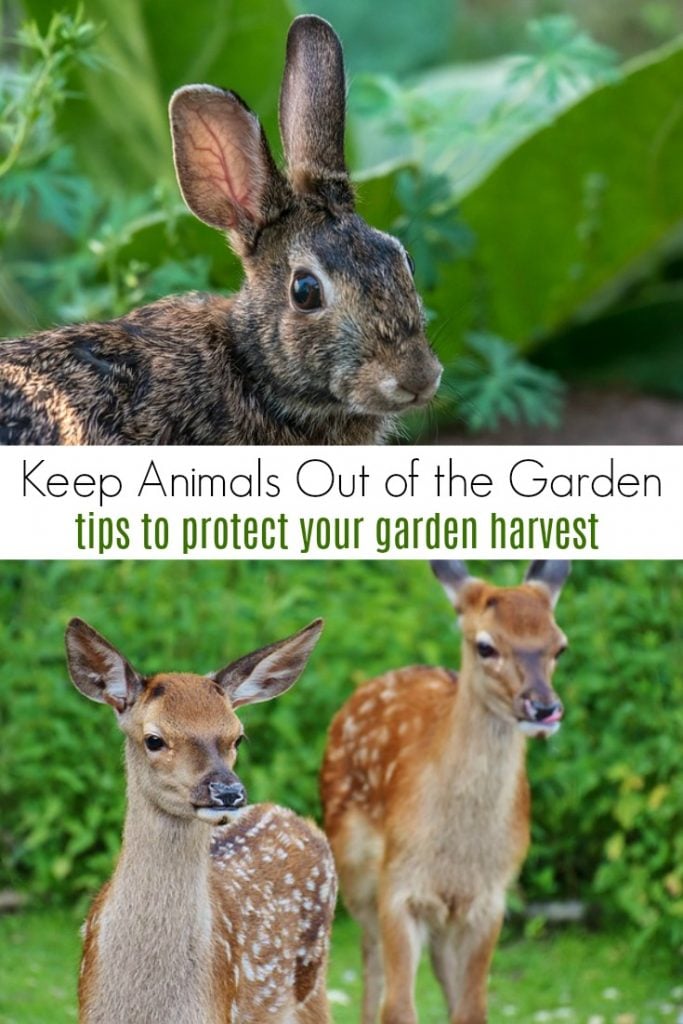
Table of Contents
But They Are So CUTE, Right?
Last week I was thrilled to discover a bunny in the backyard. The dog was LESS than thrilled but I think they are adorable! Of course, they eat every snow pea they can reach. They also clear the blackberries from the lower half of the bushes and eat my hot pepper plants. Not the peppers…the actual PLANTS! Took me a while to figure out why the darn things weren’t getting any bigger despite all the rain and sun!
I love my little bunny friend, but they can really decimate a backyard garden! After years of battling with these cute eating machines, I decided to do a little bit of research on how to keep animals out of the garden. Some of these ideas will have to be implemented next spring when I start a new round of planting but a few will work now with things already in the ground. Cute or not, I still want to eat my garden harvest myself!
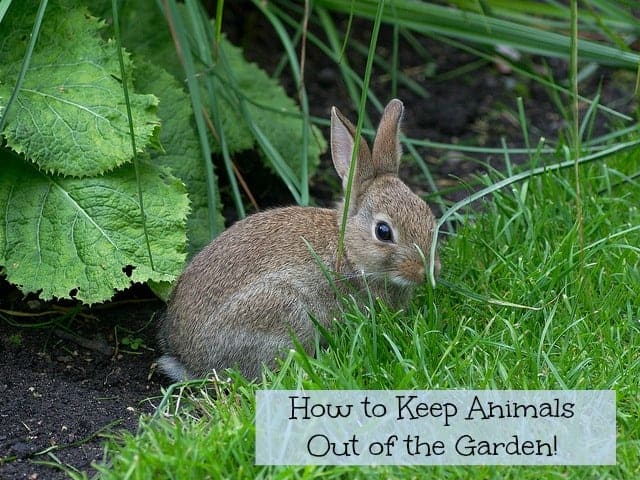
✯Don’t want to miss the next post?✯
Follow Turning the Clock Back on Facebook | Twitter | Pinterest
Or join the private Facebook group for simple tips on going green!
How to Keep Animals Out of the Garden
If you are passionate about edible gardening and want to prevent animals from eating your harvest, here are a few ideas!
Homemade or Natural Garden Sprays:
There are a number of sprays on the market that are designed to keep animals out of the garden. There are dozens of brands of garden sprays for animals that you can try. Most of them are based on things that smell bad….garlic and rotten eggs are popular ingredients!
TIP: Homemade Animal Repellent for Gardens:
To make a homemade animal repellent for gardens, mix about three tablespoons each of crushed cayenne pepper, Tabasco sauce, and dish soap into a gallon of water. Pour this mixture into a spray bottle, shake well and spray onto the plants.
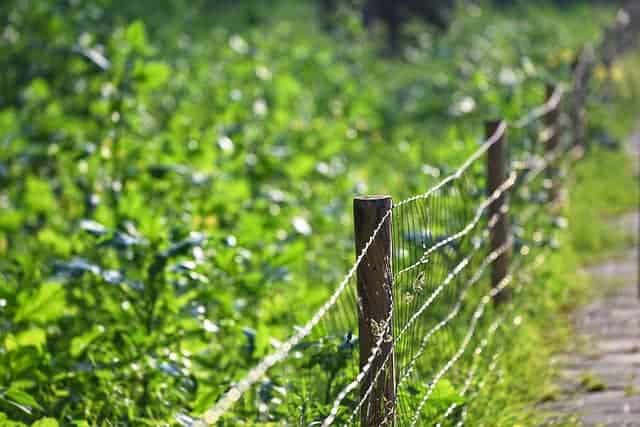
Animal Proof Fencing:
If you want to put up fencing to keep animals out of the garden, you really need to know what sort of critter you are dealing with. Deer can easily jump or reach over most fences. If you have chipmunks, those little buggers can fit right through the small holes in most ‘chain link’ style fences, not to mention they can burrow up from underground.
To keep chipmunks from digging up through the ground you can remove the soil from your garden down about 1 foot. Line the ground with a fine-meshed wire and then put the dirt back in. That way, chipmunks won’t be able to eat all the roots to your plants, which is what they always do to my own garden!
How To Keep Your Garden Animal-Free Without A Fence
Certain products naturally repel small animals. Some of these may or may not actually work but are fairly easy to try if you don’t want to invest in an animal proof fence.
- Coffee grounds: They add nitrogen to your soil, increase its acidity and apparently smell bad to rodents.
- Human hair. Animals dislike the smell of human hair. Ask your hair dresser for some!
- Bloodmeal: You will often find this in the fertilizer section of your garden center.
- Scented soap: Strong smells are unappealing to animals. Buy the cheapest, smelliest soap you can find. Put a few bars near your plants.
- Garden art: Find artistic garden pieces that move with the wind.
- Vinegar, peppers: Look for recipes of homemade animal repellent for gardens that contain these ingredients.
- Predator urine: Harder to find! However, you can actually buy coyote urine granules on Amazon!
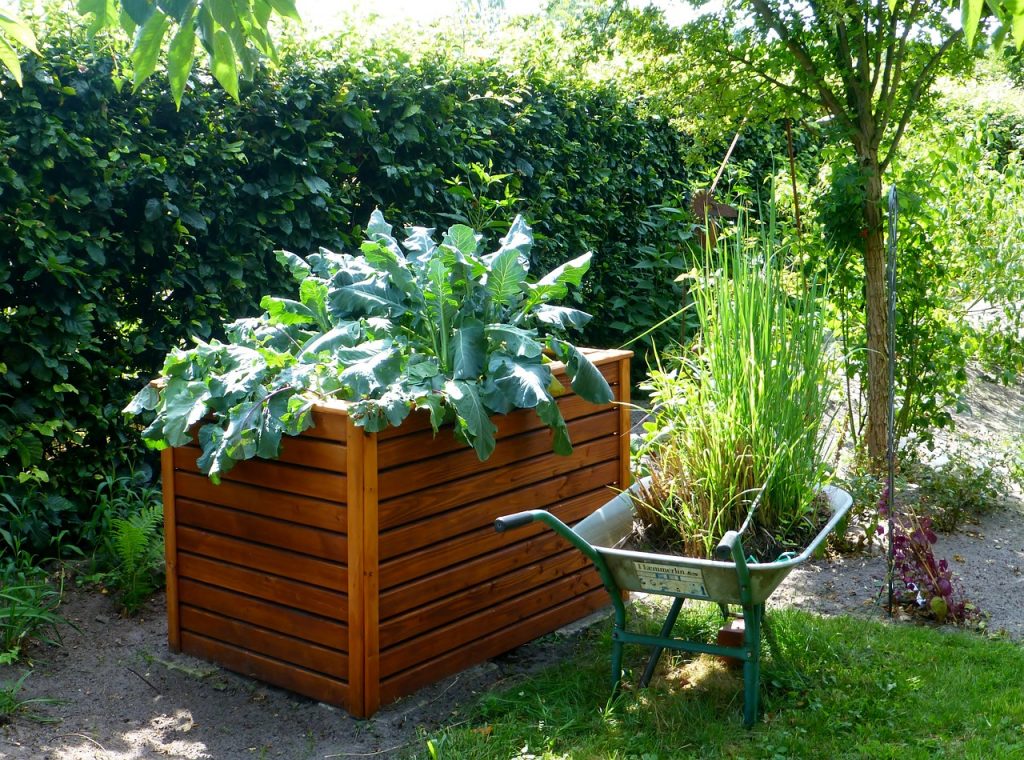
Raised beds:
I’m not sure how accurate this is, however my research on how to keep animals out of the garden suggest that a fairly high (12 inch or so) raised bed will keep some animals from going in your garden. According to what I read, small animals prefer not to leave ‘ground level’ and will not hop up into a raised bed garden. I have my snow peas in a raised bed and the rabbits have no problem hopping up there, although it is only about 6 inches high. Next year I will build them higher!
More Gardening Tips:
- Spring Gardening Tips: Preparing Your Garden for Planting
- Edible Gardening Tips and Foodscaping Ideas for Beginning Gardeners
- Summer Gardening Tips for a Bountiful Harvest
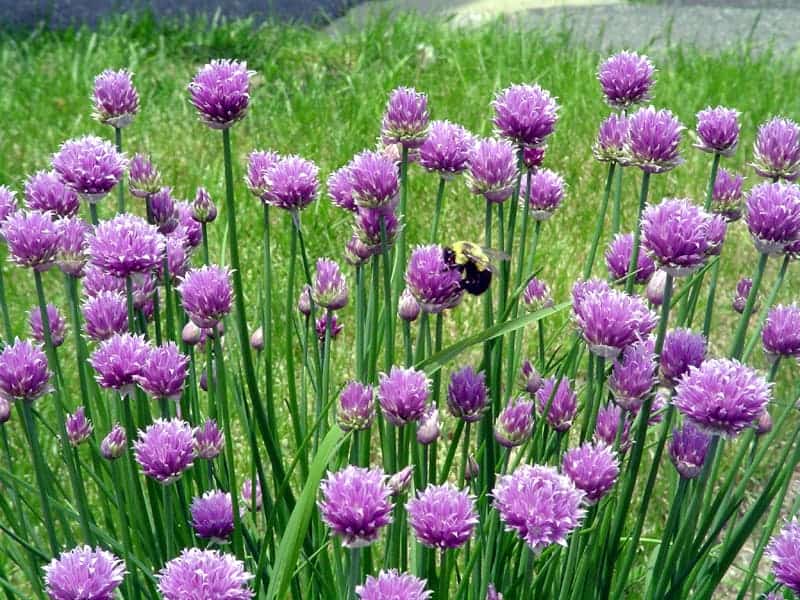
Companion Planting:
There are a number of plants that naturally repel small animals. They really dislike the smell of onions and garlic, which is convenient because I like to plant those in the garden! Chives and marigolds are also supposed to repel animals. You can use these animal-repellent crops to create a perimeter around your other veggies. This will help keep animals from entering your vegetable garden at all.
What plants will repel rabbits?
According to Bonnie Plants, here are a few companion plants that repel rabbits:
- Vegetables: asparagus, leeks, onions, potatoes, rhubarb, squash, tomatoes.
- Flowers: cleomes, geraniums, vincas, wax begonias.
- Herbs: basil, mint, oregano, parsley, tarragon.
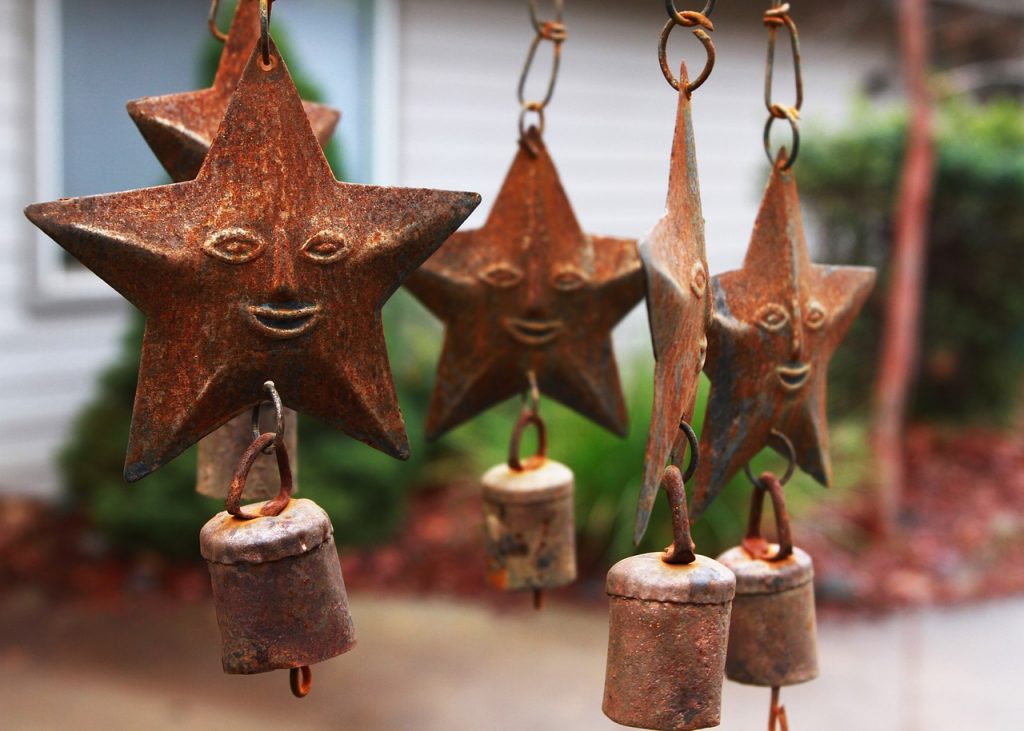
Garden Mobiles:
Most animals are rather skittish things. When they spot things waving in the air and twirling around they tend to get startled and leave. Try hanging old CD’s from strings in nearby branches. Place a few solar activated ‘dancing’ flowers along a nearby rock wall or hang a wind sock on a tree limb. Bright colors and twirling ribbons might be just enough to keep animals out of the garden!
There are a number of ways to keep animals out of the garden and you may have to try several before finding the one that works best for you. While I love the wildlife in my yard, I went through a lot of work to plant those fruits and vegetables and I would like to be able to harvest for my family eventually!
Any other tips on how to keep animals out of the garden?
Like this post? Pin for later!

Like this post? Try these!
Tips for Using Diatomaceous Earth in the Garden
How to Attract Beneficial Insects

Diane is a professional blogger and nationally certified pharmacy technician at Good Pill Pharmacy. She earned her BS in Microbiology at the University of New Hampshire and has worked in cancer research, academics, and biotechnology. Concern over the growing incidence of human disease and the birth of her children led her to begin living a more natural life. She quickly realized that the information she was learning along the way could be beneficial to many others and started blogging and freelance writing to share this knowledge with others. Learn more about her HERE.

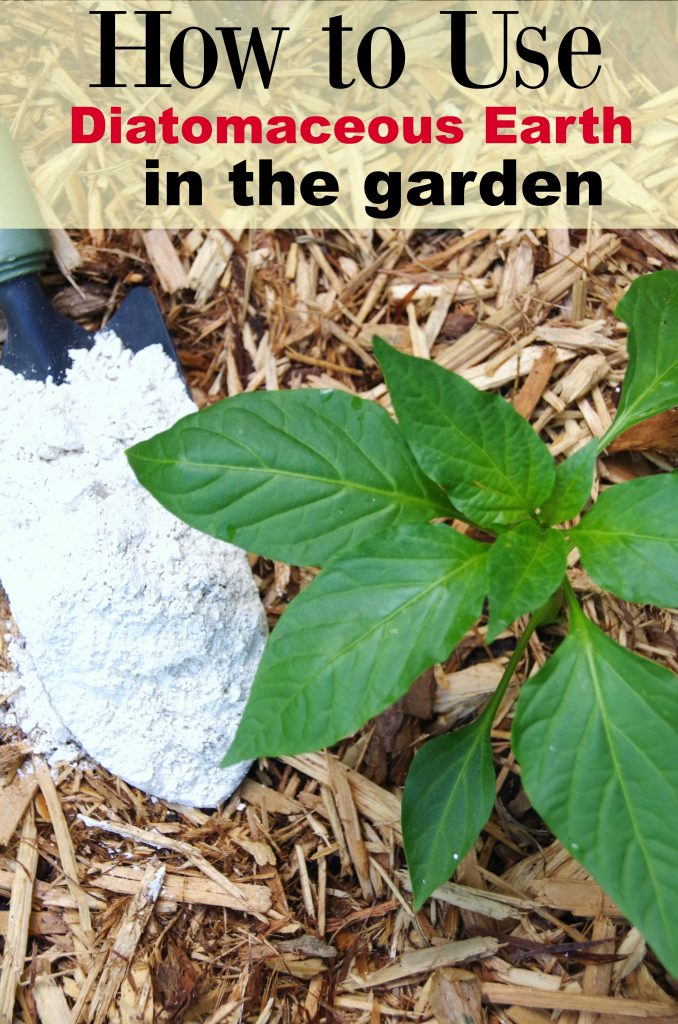
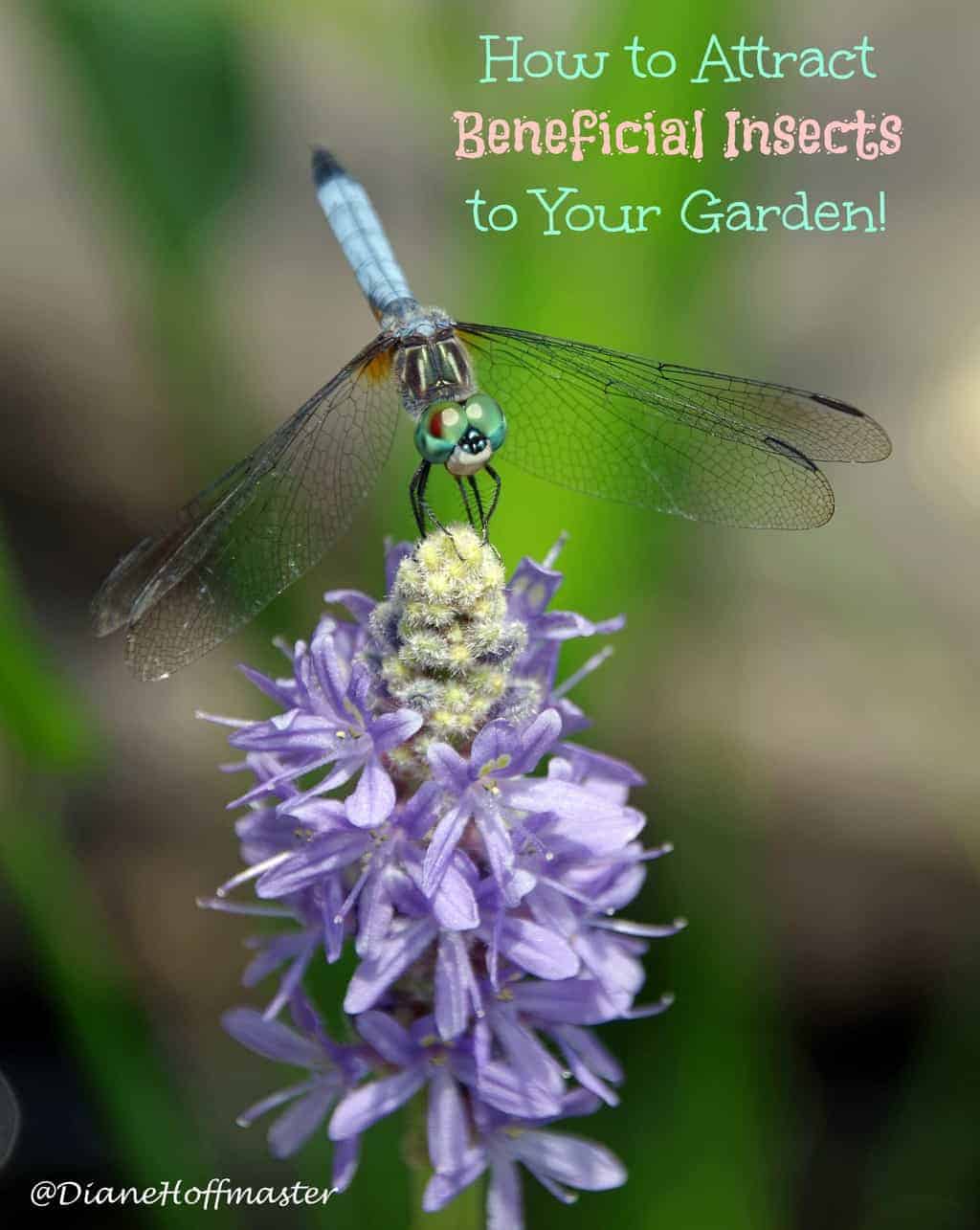
I loved your idea to use cayenne, dish soap and hot sauce to spray your plants. However, it seems to clog up my sprayers. I can get one or two sprays before it won’t spray anymore. I have made sure the cayenne was dissolved, and I notice no granules in the water, just a reddish brown color. I have gone through 4 sprayers. What am I doing wrong?
You may want to get a sprayer that is specifically designed for garden use rather than one designed for indoor use?